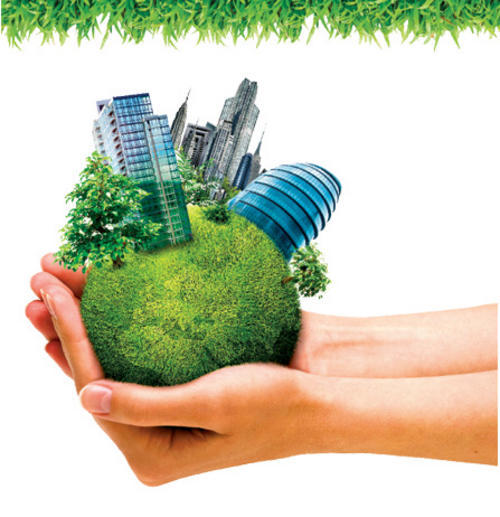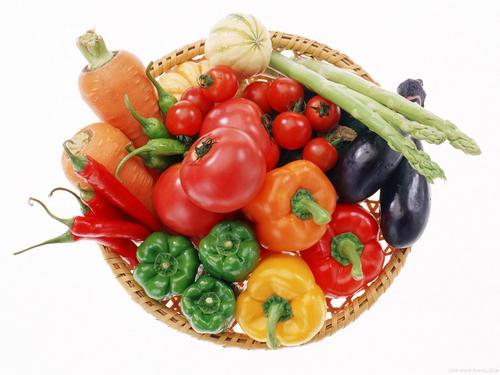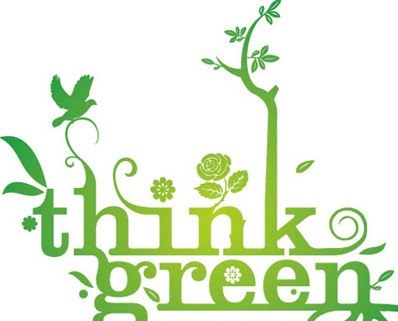Living Green
Sustainable living goals can be said to have begun back in 1954, with the Helen and Scott Nearing publication, "Living the Good Life" opening the way to the ¿back to the roots¿ movement of the late 1960s and early 1970s. |  |
 | Whereas the early pioneers of green living advocated a simpler lifestyle, with reduced dependence on luxurious home comforts, modern technology, for all its faults, has enabled green living without the necessity to drastically change our lifestyle. We can, as it were, have our cake and eat it too. We can purchase green bedding, towels and washcloths. These days there are many household products developed using sustainable and renewable resources, such as organic cleaning materials. There are even organic cosmetics available. We can use more eco-friendly methods to heat our homes, such as geothermal heat sources and insulate our homes more to reduce the energy losses from the heat we do produce. |
| We also have a plethora of green appliances and fittings available for our homes, low energy light bulbs, more efficient freezers, stoves, dishwashers, refrigerators and LED or LCD flat TV screens. When you need to upgrade that out-dated home appliance, check out the Energy Star ratings before you buy. The Environmental Protection Agency (EPA) awards Energy Stars to new appliances that are at least 10 ¿ 15% more efficient than the minimum federal standard. If you have a small plot of land, or even a balcony, you can consider growing some of your own food. Herbs and many vegetables don¿t need a lot of space to grow and your summer excesses can be dried, bottled or frozen for use throughout the year. But despite all these advances, we should not be complacent. There are still a number of areas that can be improved. We can and should demand less unnecessary packaging for the goods that we do buy, and we can try to reduce waste as much as possible by cancelling junk mail, through composting food wastes or recycling goods that have reached the end of their lives. |  |
| Remember the three ¿R¿s, reuse, reduce and recycle. | |
